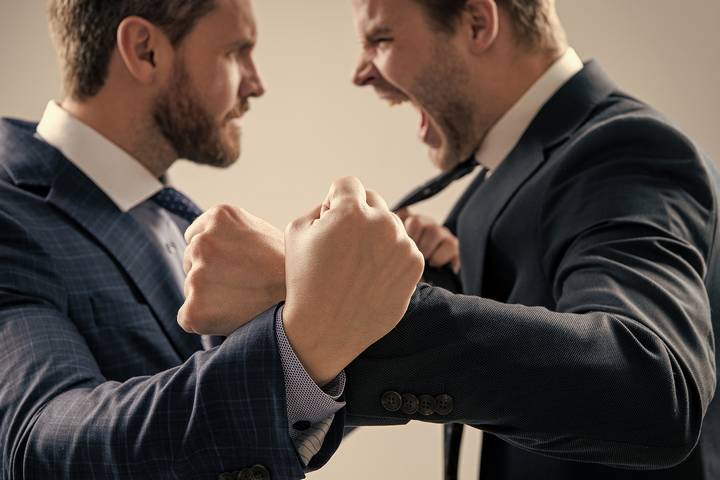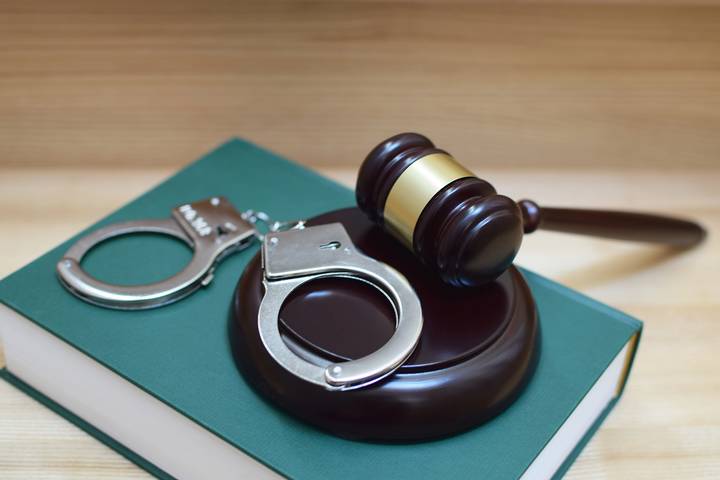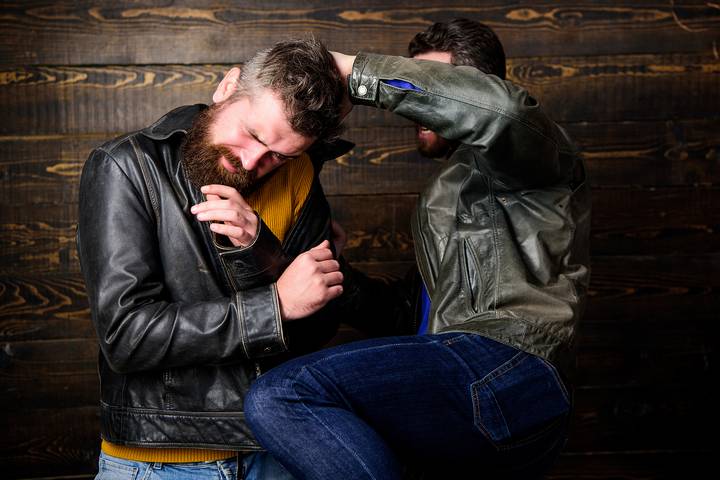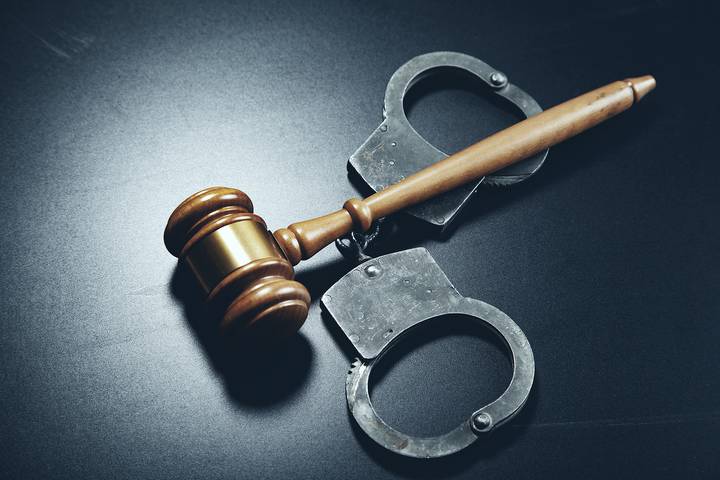Have you been charged with 3rd-degree assault in Canada? There are ways to beat a criminal charge, albeit only in certain circumstances. Speaking with a lawyer is your best option if you’ve been charged with assault. They can review all your details and offer guidance on an appropriate response.
If you want to beat a 3rd degree assault charge, start by examining arguments and defences used in the past. These experiences can provide a how-to on beating a third-degree assault charge.
Let’s learn how to beat a 3rd degree assault charge.
What is third degree assault?

Third-degree assault is wounding, maiming, disfiguring, or endangering another person’s life. It can be more strictly defined as the reckless infliction of fear of serious bodily injury or recklessly causing fear of injury through a deadly weapon.
This type of charge will apply when someone does not have the other person’s consent to directly or indirectly apply force. It also applies when someone is threatening or attempting to affect another person. Another scenario is when they have a deadly weapon and are trying to impede or accost another person.
How does an assault charge work?

When you are charged with assault, the charges are laid by the police and not the alleged victim. Therefore, unless the courts do so voluntarily, you cannot ask the victim to drop the charges. They’re not the source of them. When you are arrested and charged with third-degree assault, cooperate as best as you can.
Do not fight with the police or be uncooperative. Do as you’re told, and be sure to contact a criminal defence lawyer as soon as possible so that you may work on getting these charges dismissed.
Lawyer for assault charge

To beat third-degree assault charges, you need someone experienced with these types of cases by your side. A criminal defence lawyer can look at the details and formulate a plan to move forward. The lawyer ensures you fully understand what a third-degree assault charge means and how to beat it.
There isn’t an alternative if you’re serious about beating a third-degree assault charge. Hire a good lawyer who knows their stuff, and you will have what you need to move ahead with the best defence possible.
Here are the five best defences for how to beat a 3rd degree assault charge:
1. Self-Defence

This is one of the more common ways a 3rd-degree assault charge is defended. A lawyer will argue that it was self-defence or in defence of others. Every person has the right to protect themselves. If there’s evidence that that’s what you were doing, you may have a case.
However, the courts must have evidence that it was not the defendant who acted first. If you committed some sort of physical act or threat first, you might not be able to use the self-defence argument. A lack of evidence on either side can make the self-defence argument null and void or effective.
2. Reasonable Doubt

There may not be enough evidence in the play to reasonably claim that the events that transpired constitute a third-degree assault charge. Your behaviour may not have been reckless in the circumstances. If there was a weapon involved, if it wasn’t a deadly weapon, that might be something else to look at.
There may be other details involved in a third-degree assault that isn’t supported by evidence that can be examined and doubted. When the quality of evidence begins to collapse, so could the rest of your case.
3. Lack of Intent

You may argue that you didn’t intend to cause harm or to threaten someone resulting in a third-degree assault charge. There are certain cases where it could be argued that it was purely an accident.
Your actions may have been reflective of other details, and you did not believe the force used against the other person met what qualifies as third-degree assault. By contextualizing what happened with details supported by evidence, it may be possible to demonstrate that what transpired was not an assault.
4. Charter Violations

The courts prioritize a suspect’s Charter Rights. It’s very important to the Crown that they are upheld and that all parties are treated fairly and justly. Judges may exclude evidence obtained through violations of the Charter and may even go so far as to dismiss charges based entirely on Charter Rights violations.
Procedural mistakes by police and other mistakes in the investigation may either result in a dismissal or reduced charges. This is something every lawyer will want to look at.
5. Plea Bargain

A plea bargain is used when a defence lawyer sees flaws in the evidence or procedural flaws in the Crown’s case while at the same time acknowledging that there isn’t a likelihood of having the charges acquitted or dismissed.
A plea bargain can work several ways, including an admission of guilt in favour of reduced charges or other accommodations in the verdict. This is the last resort, utilized when there is no other clear way to beat the charges in front of the defendant.




